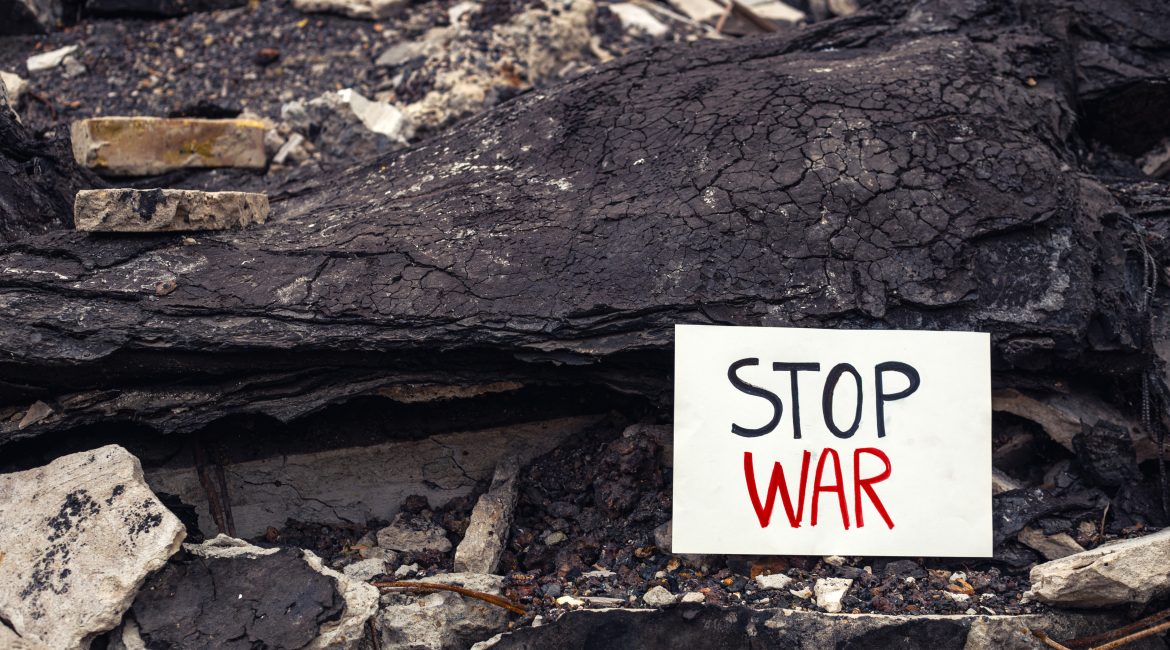The only way to end this conflict is through a two-state solution, as UN Secretary-General António Guterres said lately. He warned before the Security Council of the danger of the promise of the two-state solution fading to the point of disappearing.
There is no solution to this conflict through perpetual war, nor through the dominance of the Israeli occupation, which pursues the project of final annexation and the seizure of more land through the phenomenon of settlements.
For decades, observers of the Palestinian issue have asked: When will this conflict end?
The same question appears to be preoccupying UN General Assembly President Philemon Young, who stated that the conflict "will only end when Israelis and Palestinians can live side by side in their independent, sovereign states in peace, security, and dignity."
It is time, therefore, to put an end to Israel's attempts to alter the geographic and demographic reality on Palestinian land, especially since seven decades have passed over the moment when the United Nations General Assembly first called for a two-state solution and declared its firm commitment to this vision through numerous UN resolutions.
On the French side, French President Emmanuel Macron believes that recognizing Palestine is a moral duty and a political demand. Through this call, Paris demonstrates a strong commitment to promoting the two-state solution as the only viable path to peace, and considers the present time an opportune time for the emergence of an international coalition aimed at developing a concrete roadmap for implementing the two-state solution.
France believes that the time has come to crystallize the idea of an independent Palestinian state, through three paths:
First: Through a final cessation of hostilities in Gaza, the unconditional release of all hostages, and facilitation of full humanitarian access to the people of Gaza.
Second: The urgent need to put the political solution first and prioritize it over alternatives that have been proven to fail by experience and judgment.
Third: Ending the settlement expansion, settler violence, and actions to weaken the Palestinian National Authority.
A thorough and detailed examination of the Palestinian issue reveals that we are not facing a marginal issue that can be postponed indefinitely. It is the oldest issue on the United Nations agenda, one that is closely linked to international peace and security.
Rational people realize that the Palestinian land, with its history, sanctity, and dogmatic dimension, transcends ideological divisions and disputes, and relative political conflicts.
From this certainty, one concludes that the idea of a Palestinian state lies at the heart of regional stability, with implications extending far beyond the Middle East. People of good conscience can no longer tolerate the status quo in Palestine, where the occupation entrenches its presence and walk over the dignity of the land's historical owners through mechanisms that contravene both divine and man-made laws.
A different path must be pursued, one that will bring peace and end the conflict only through an irreversible, time-bound plan of action rooted in international law, human rights principles, the UN Charter, and the common interests of all the peoples of the region.

